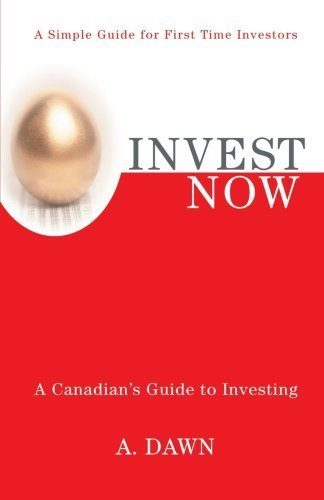The Internet Habits of Personal Finance Bloggers - Get Rich Slowly
/J.D. Roth - Get Rich Slowly
On April 30, 2007, I wrote an article on Web 2.0. The web has evolved so much that it is an indispensable part of our life, and we don't use the web the same way it used to be. Professional Internet users, such as bloggers, or any others who depend on the Web for a living, use the Internet differently than average users. I thought it would be helpful for my readers to know how a professional, such as Get Rich Slowly's author J. D., uses the Internet on a daily basis. Here is what J. D. provided for A D Journal readers.
A Day in the Life of a Blogger
I am an internet junkie. I have been addicted to the net since 1994 - and earlier if you count USENET newsgroups and the bulletin boards of the 1980s. I've always craved a connection with other people, the mad exchange of ideas that interconnectivity allows.
Since I began blogging full-time this March, it's become painfully apparent just how much time I spend online.
The first thing I do when I wake up in the morning is roll to the edge of the bed and grab my MacBook Pro from the floor. While I grog awake, I make a quick pass to verify that Get Rich Slowly hasn't imploded. (It never has!) I also tabulate statistics from the day before, entering them into an Excel spreadsheet.
After I get out of bed, I spend half an hour in Apple Mail, processing the most urgent messages. I used to reply to every piece of mail I received, but that's physically impossible now. It bothers me that I have so many unanswered messages in my mailbox, but there's nothing I can do about it.
After breakfast and after exercise, I spend time gathering information in my web browser (Safari) and composing articles in my text editor (BBEdit). This generally takes several hours of my day, during which I'm also on iChat with other bloggers and friends.
I also try to make time to visit other personal finance sites, especially blogs. I used to read everything via RSS feed, but like my e-mail, this has become unmanageable. I've abandoned my feed reader (NetNewsWire) and now read blogs the old-fashioned way: via the web. But this means I don't catch new stories as soon as I once did. Sometimes I miss great stories completely.
I try to wind down my heavy internet use by about mid-afternoon so that I can spend time with my wife when she gets home. Still, I check in on the site every hour or two to make sure things are okay. And then before bed, I show Kris the preliminary numbers for the day.
All told, I spend about 70 hours a week online. According to the marvelous utility RescueTime, I spend about three hours on my computer every Saturday, about five hours each on Friday and Sunday, and then about 14 hours a day Monday through Thursday.
Of this, about 12 hours a week is spent in BBEdit, performing that physical act of writing. About ten hours is spent at Get Rich Slowly performing a variety of blog-related tasks. I spend nearly eight hours a week processing e-mail — and remember, that's just handling the barest essentials. Finally, I spend about three hours every week fussing with Excel. Those four tasks take 33 hours of my time every week, and that doesn't include research for various articles.
I'm not happy with how much time I spend online. Tracking my habits with RescueTime is the first step in determining methods to reduce the madness. My goal is to become more efficient, to become less wired. My goal is to spend more time in real life again!
First Published: ADawnJournal.com Jun 13, 2008

















